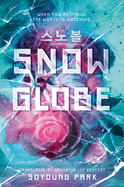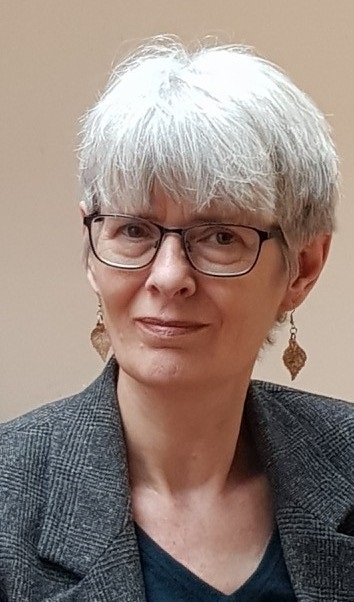 |
| photo: Martin Wright |
Su Bristow's debut novel, Sealskin, won the Exeter Novel Prize and was shortlisted for the Paul Torday Memorial Prize. She has also written books on herbal medicine (her first profession) and relationship skills. Her second novel, The Fair Folk (Europa Editions, January 23, 2024), is a coming-of-age novel about magic, and the choices that define future generations. Bristow lives in Devon, England.
Handsell readers your book in 25 words or less:
A grown-up fairy story about the lure of charisma and the true nature of the "fair folk," set in the changing countryside of 1950s Britain.
On your nightstand now:
Two books are waiting for me there. The Lost Rainforests of Britain by Guy Shrubsole is about the last remnants of precious temperate rain forest, and what is being done to preserve and reinvigorate them. The other book is a work of fiction based on the extraordinary lives of two women in 1413: Julian of Norwich and Margery Kempe, both visionaries who went to extreme lengths to keep faith with their sense of the truth. For Thy Great Pain Have Mercy on My Little Pain is Victoria Mackenzie's first novel, and it packs a great deal into a mere 161 pages.
Favorite book when you were a child:
There were so many! But I guess the one I returned to over and over again would have to be The Magician's Nephew by C.S. Lewis. It's the origin story of Narnia, and how evil was unintentionally brought in right at the start. It felt important to me, in a way that I couldn't have articulated at the time.
Your top five authors:
Ursula K. Le Guin. Her Earthsea trilogy had a profound effect on me in my teens. The Taoist philosophy that underpins it, and the idea of equilibrium in nature--and of course in magic--struck me with the force of truth. It still does.
Barbara Kingsolver. Her versatility is extraordinary, and I've loved all her books, particularly The Lacuna and Demon Copperhead. I hope there are many more to come.
J.R.R. Tolkien. An obvious choice, maybe, but it's not the writing so much as the depth and breadth of the world he created. He was aiming to set up a mythology for Britain, and he succeeded; his influence is everywhere.
Alan Garner. A master weaver of language, landscape, and legend. He creates songlines for his corner of the British Isles.
Terry Pratchett. The humanity, humour, and passion in his books is breathtaking, not to mention the immense wealth of detail and unforgettable characters.
Book you've faked reading:
I don't do that nowadays. You can have a more interesting conversation about a book if you simply admit that you didn't read it, and think about why. It would only be awkward if you were actually talking to the author and they were a friend (which does happen). Then, you simply keep quiet--a piece of writers' etiquette that we all understand.
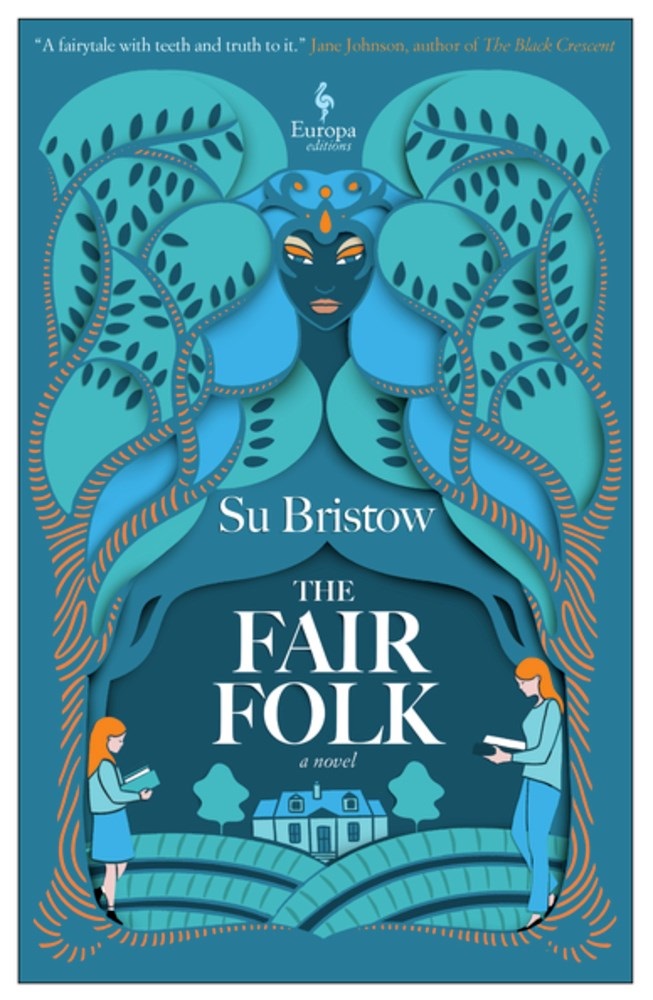 Book you're an evangelist for:
Book you're an evangelist for:
At the moment, this would have to be Wilding by Isabella Tree. It's changed my understanding of the British countryside, and challenged a lot of things we've taken for granted for too long, and it sets out some practical ways in which we can begin to restore what we've lost.
Book you've bought for the cover:
The Lost Words by Robert Macfarlane and Jackie Morris. The poems and paintings inside are beautiful, too, but the gorgeous cover gives me pleasure every time I look at the bookshelves.
Book you hid from your parents:
I don't remember hiding books from my parents; they weren't readers themselves and didn't really notice what I was reading. However, my son in his teens was terribly embarrassed by books like The Art of Sexual Ecstasy by Margot Anand and used to hide it behind other books when his friends came round!
Book that changed your life:
Not one book but many: The Collected Works of C.G. Jung. I can't pick out one book, but I know the ideas he articulated changed the way I saw the world. The collective unconscious, archetypes, the way of individuation; it all helped me to make sense of things, and certainly underpinned my understanding of anthropology and folklore when I came to study it later.
Favorite line from a book:
"It was the day my grandmother exploded."
They say your first line--and definitely your first page--should grab the reader, and this one from The Crow Road by Iain Banks definitely qualifies. The rest of the book doesn't disappoint, either.
Five books you'll never part with:
A Wizard of Earthsea by Ursula K. Le Guin. See above!
Moominland Midwinter by Tove Jansson. My old paperback is falling to pieces, but the magic and mystery in this story endure. A wise and compassionate story about how we learn to deal with change and get along with all sorts of people.
A Hat Full of Sky by Terry Pratchett. The structure of this coming-of-age story is near perfect, and Pratchett's vision of witches and their "headology" is wonderful. I'm going to be Granny Weatherwax when I grow up.
The Wild Flowers of Britain and Northern Europe by Fitter, Fitter and Blamey. I have books on birds, trees, fungi, and animals, but this is the one I'd keep if I had to lose all the rest. Small enough to slip into a pocket and comprehensive enough to answer most questions that come up on a country walk.
Seamus Heaney's New Selected Poems 1966-1987. I'll never get to the end of this one, and that's a cause for celebration. The man was astonishing.
Book you most want to read again for the first time:
This is a tricky one. Coming back to something that I loved in my 20s could be a big disillusionment: you can't step into the same river twice, as they say. Then, I looked for deep meaning, for high emotion and enormous human dilemmas. Now, I'm more likely to want humour, nuance, and the hope of redemption.









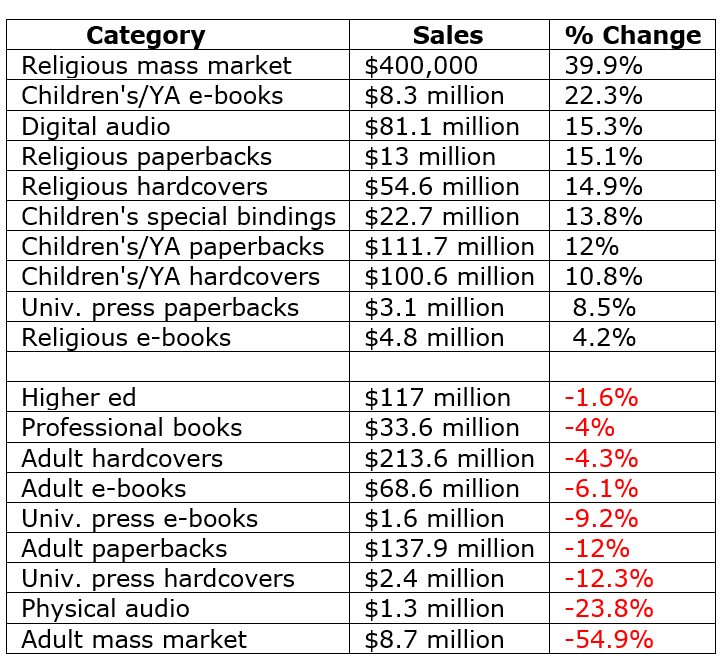

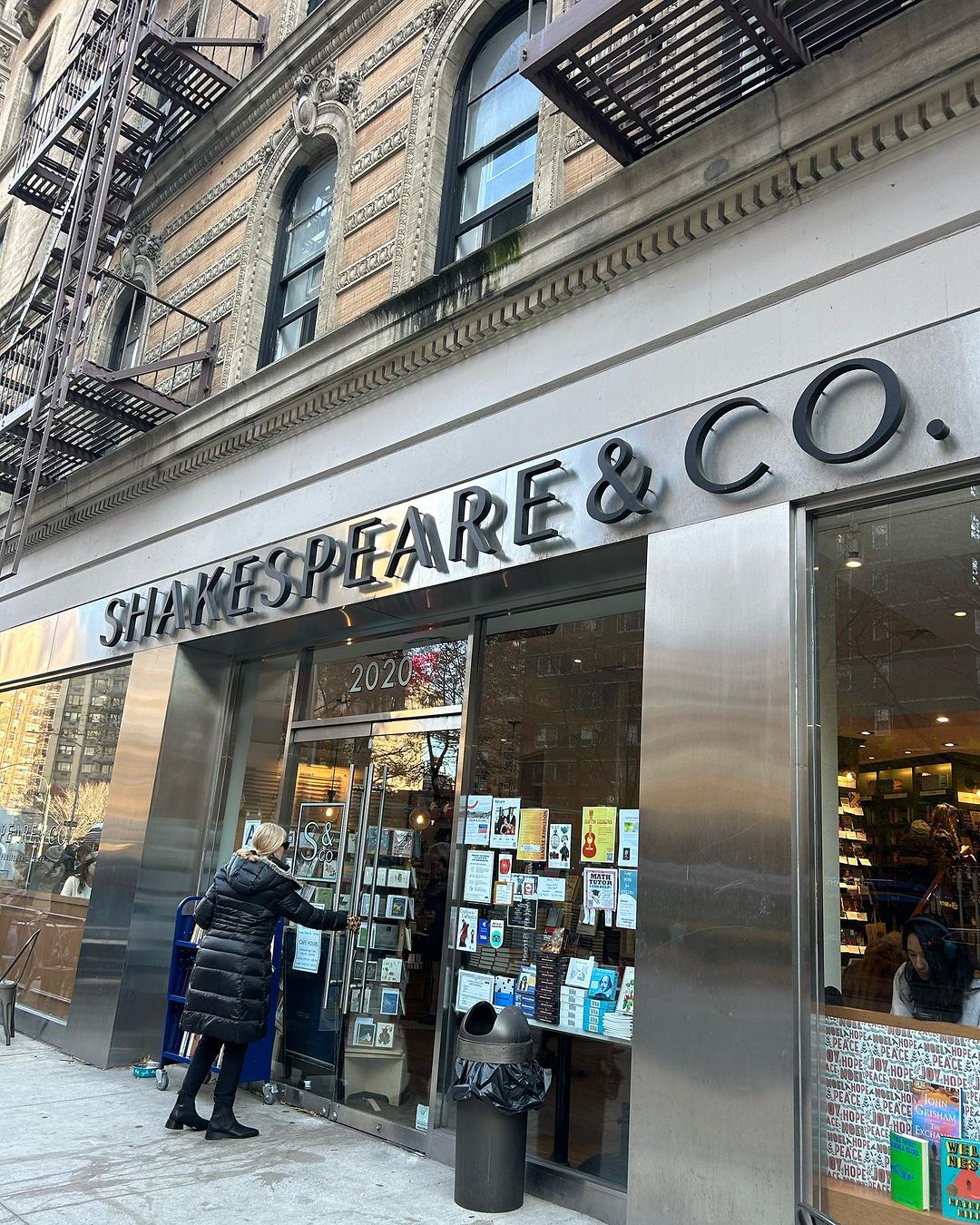

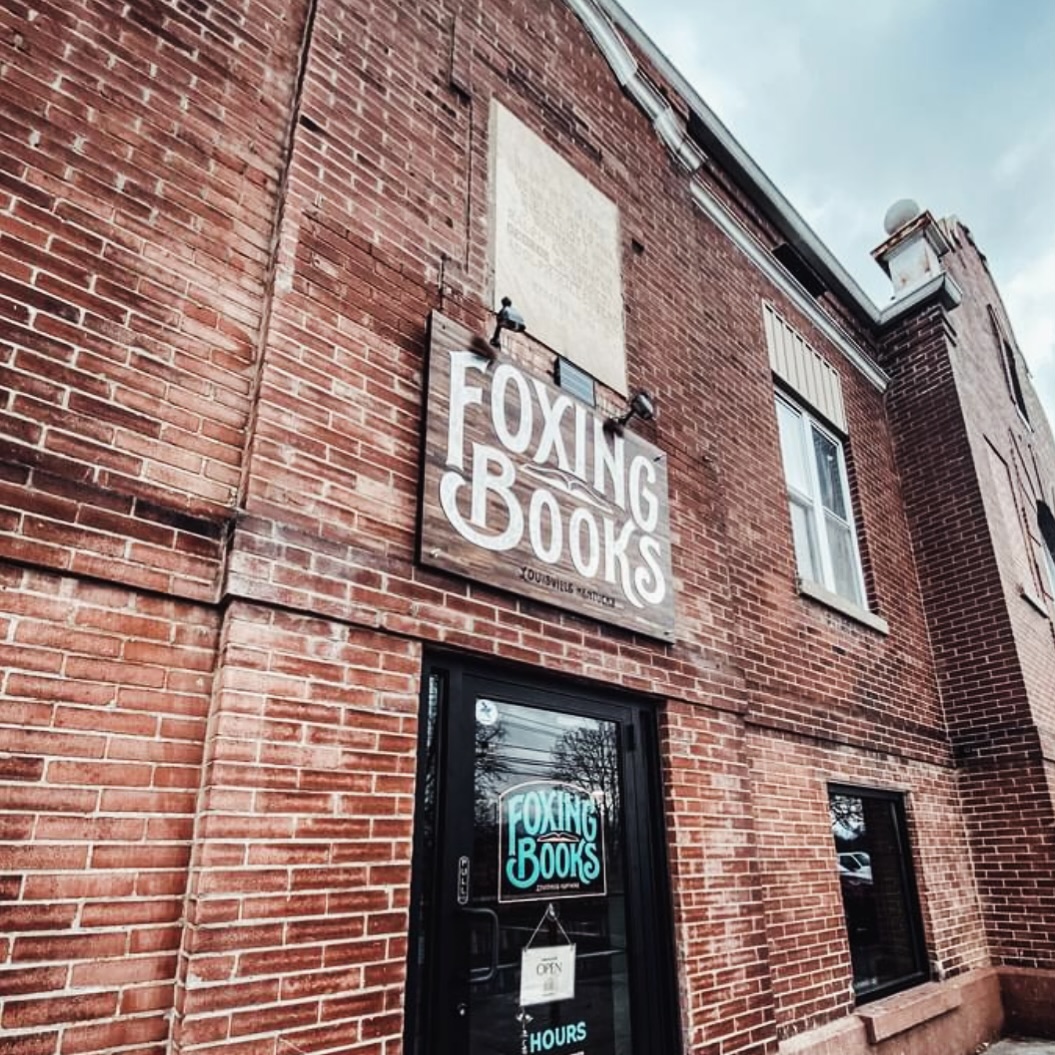 After debuting as a mobile bookstore in 2022,
After debuting as a mobile bookstore in 2022, 
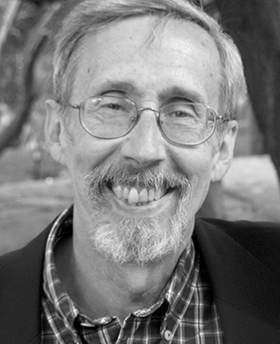
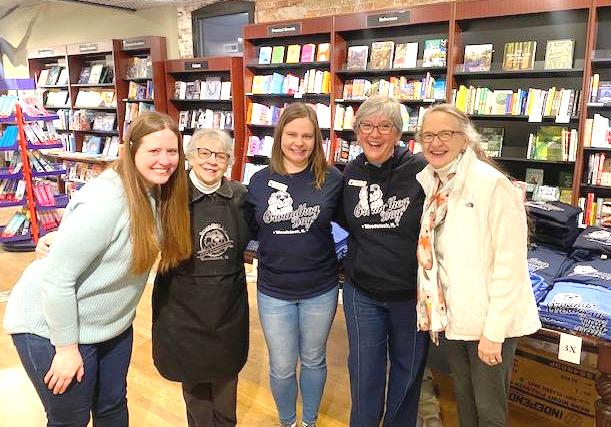
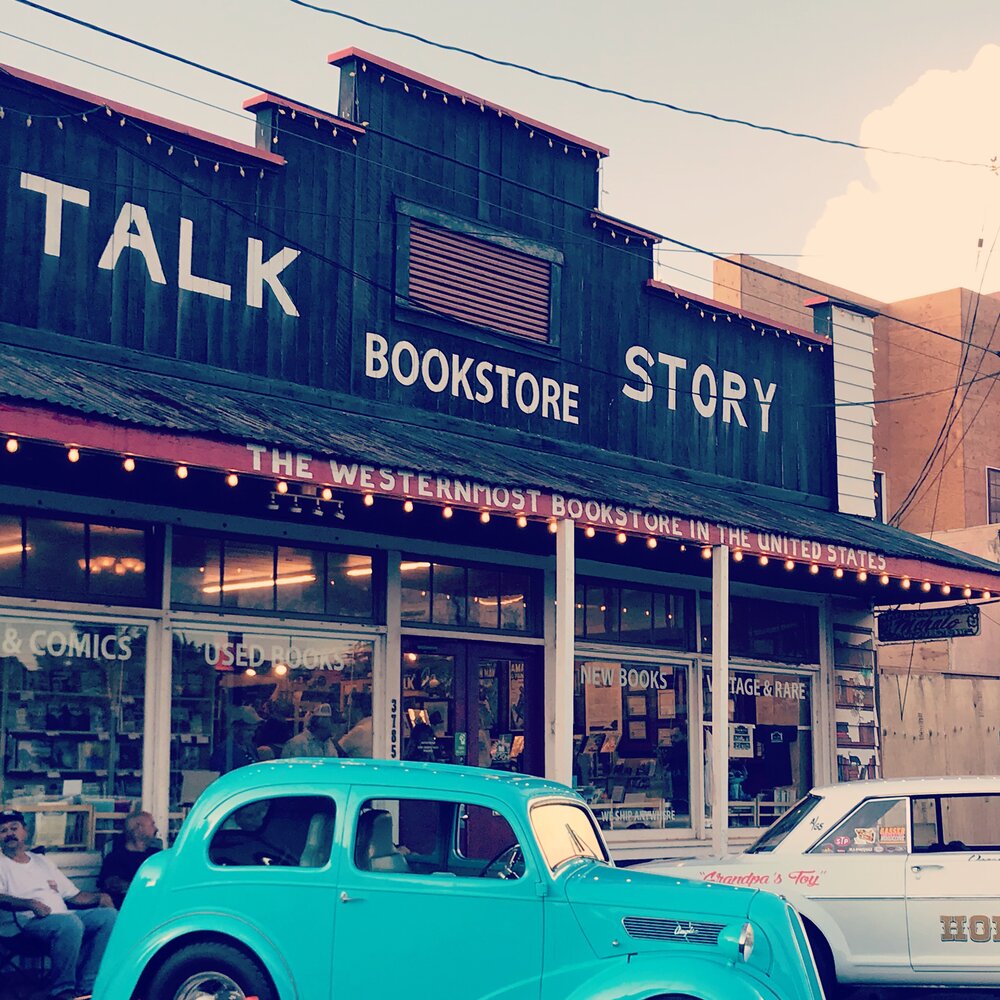 Congratulations to
Congratulations to 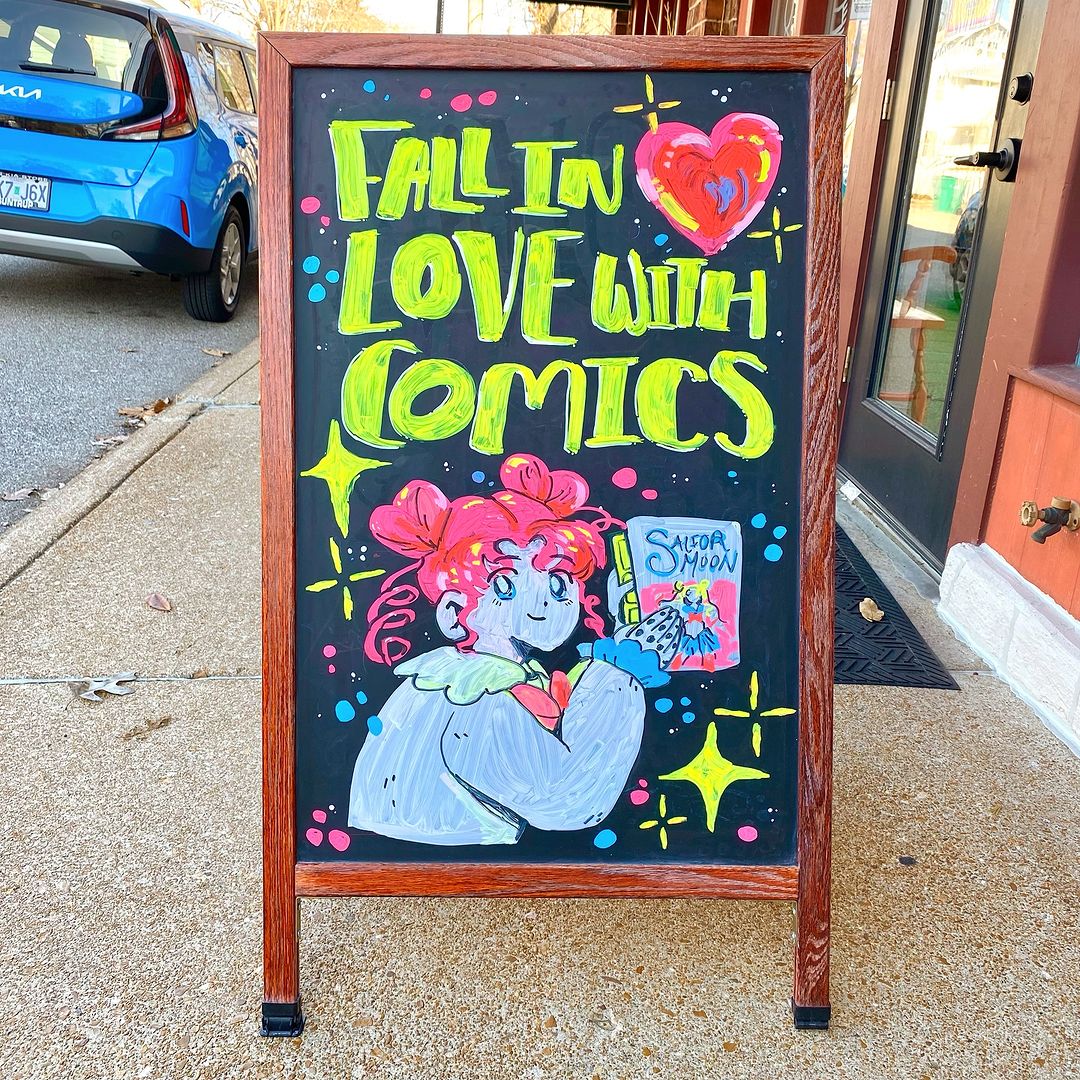 "
"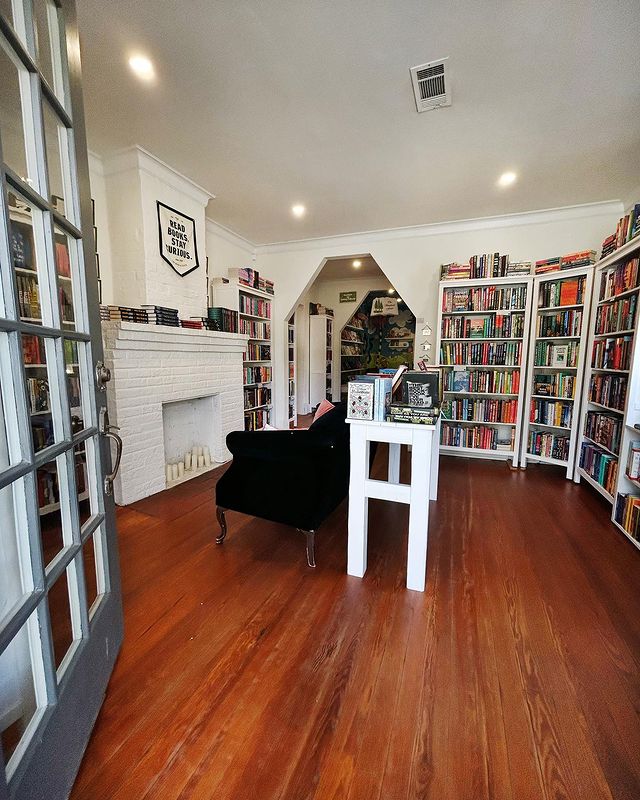 "
"
 Book you're an evangelist for:
Book you're an evangelist for: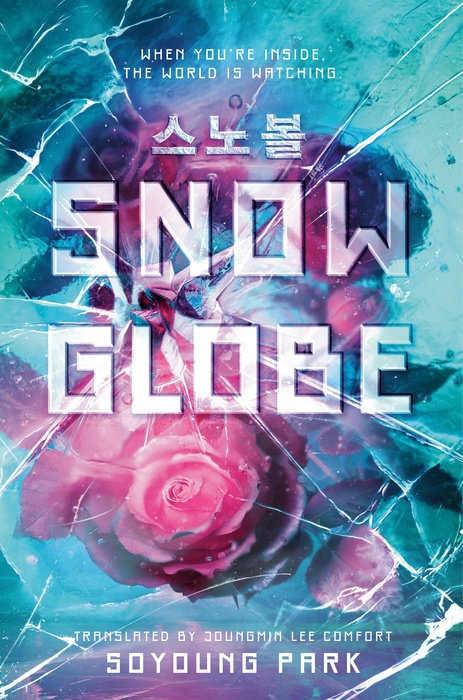 Snowglobe by Soyoung Park (skillfully translated from the Korean by Joungmin Lee Comfort) is an austere, thrilling, and endlessly surprising YA dystopian novel reminiscent of Black Mirror and Bong Joon-ho's Snowpiercer.
Snowglobe by Soyoung Park (skillfully translated from the Korean by Joungmin Lee Comfort) is an austere, thrilling, and endlessly surprising YA dystopian novel reminiscent of Black Mirror and Bong Joon-ho's Snowpiercer.